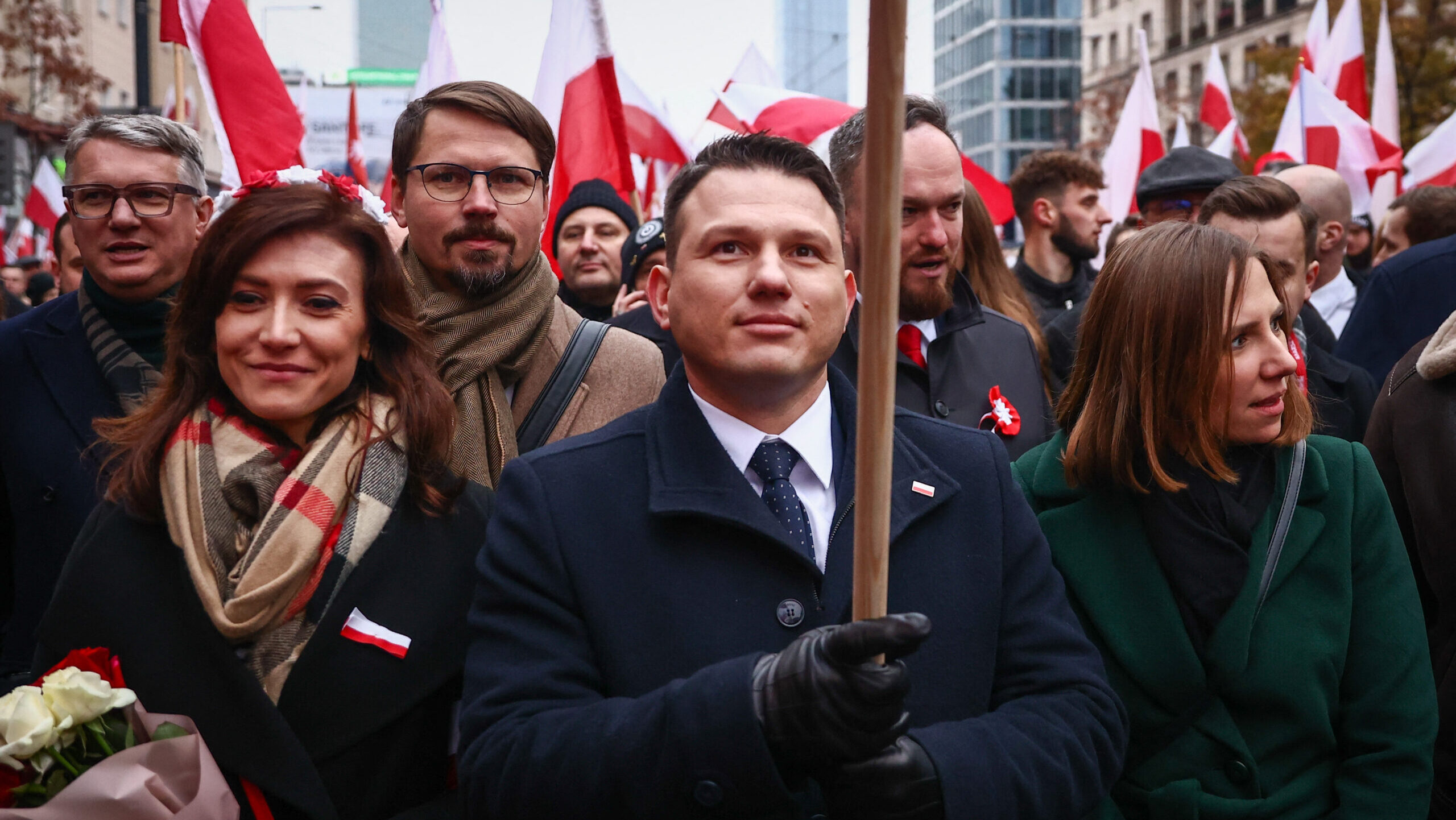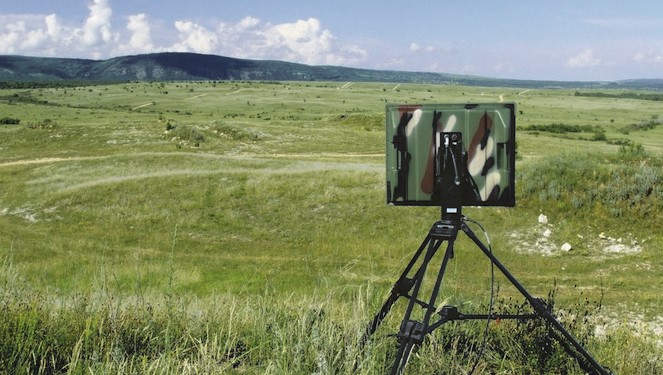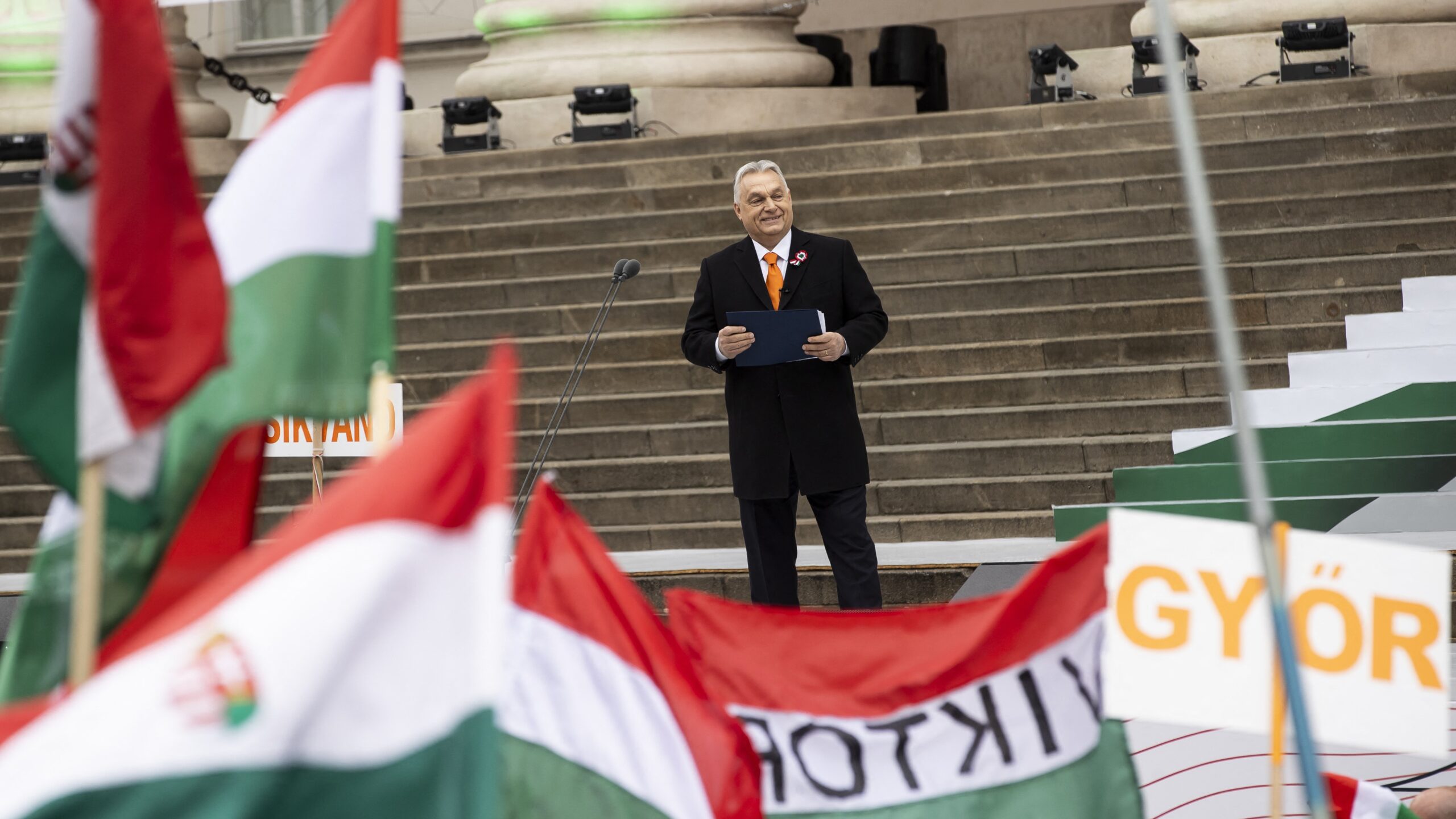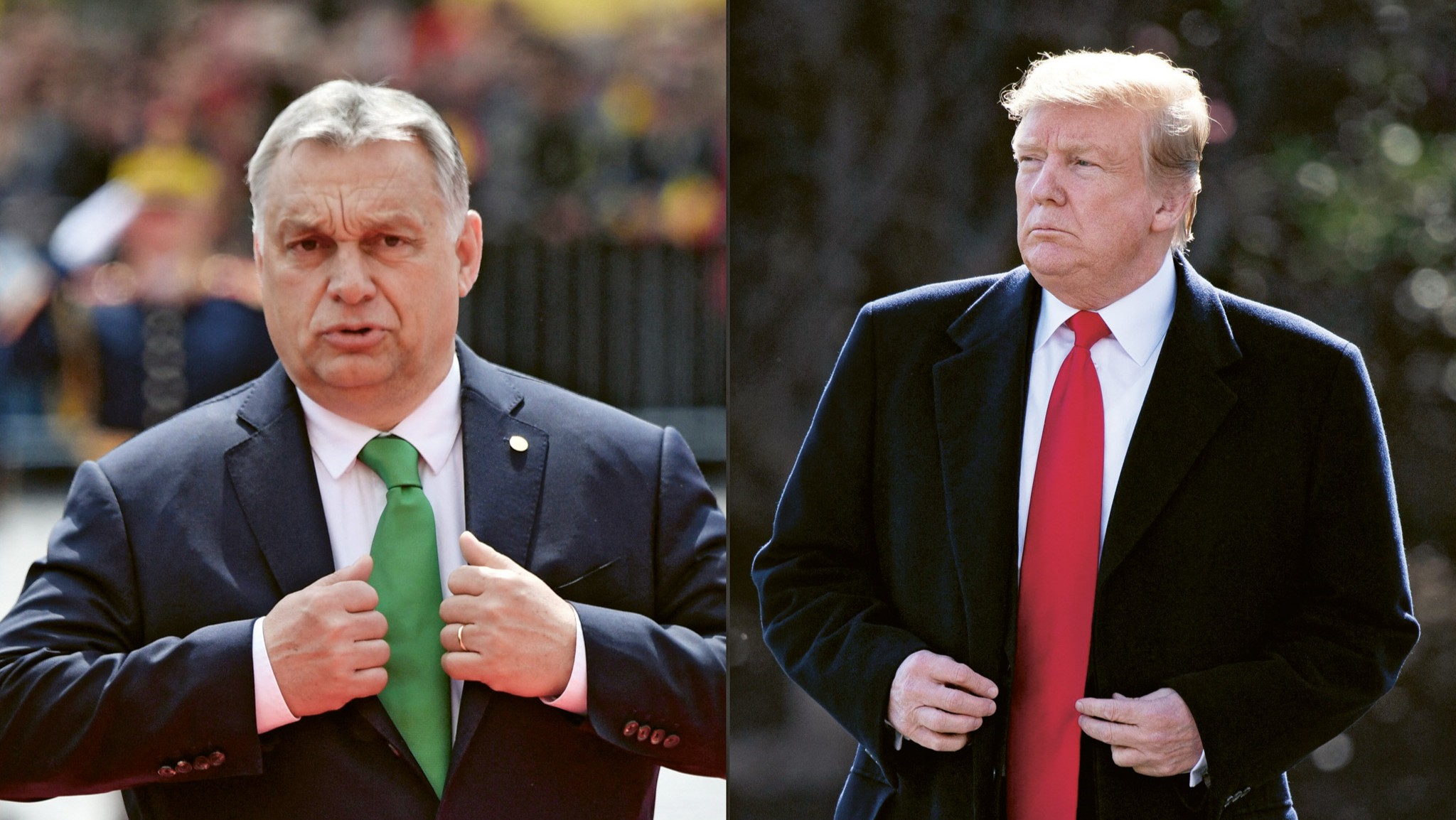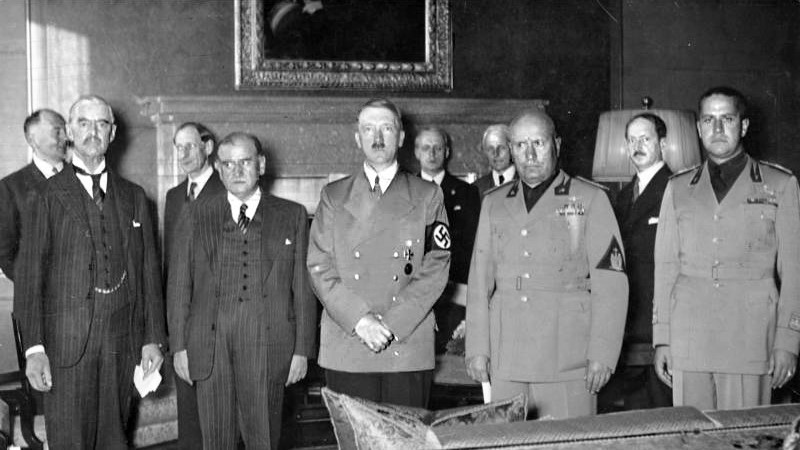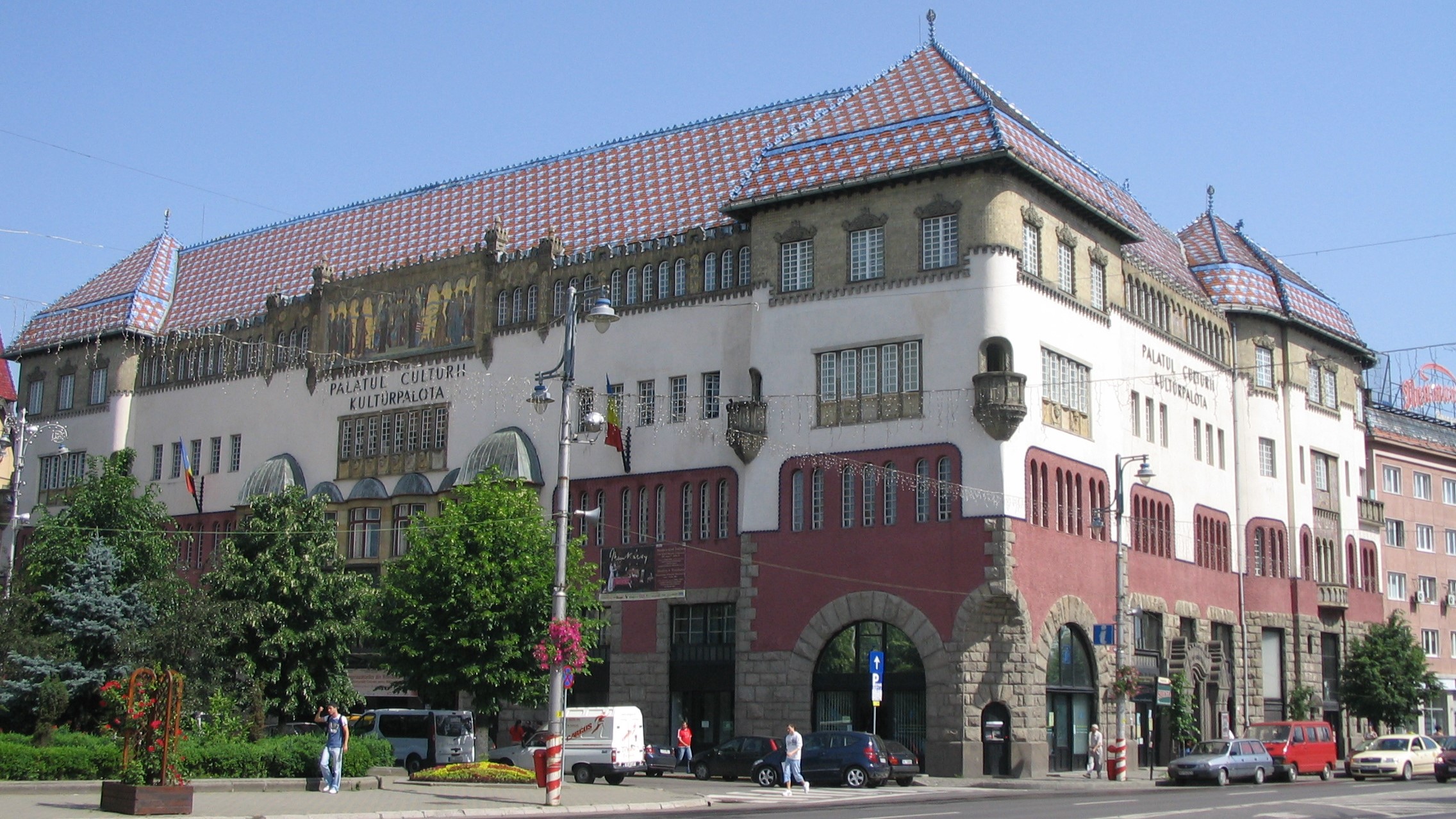
What Americans Can Learn from the Palace of Culture in Marosvásárhely: Some Good Ideas for Trump and Co.
‘It’s high time we tell our stories: paint them, etch them, carve them, and turn them into stained glass. The Palace of Culture in Marosvásárhely is a signal of triumph—a beautiful window into the culture of Transylvania and of Hungary. We need a shot of that cultural self-awareness and self-confidence on our side of the pond. We need some stained-glass ballads of our own…’


